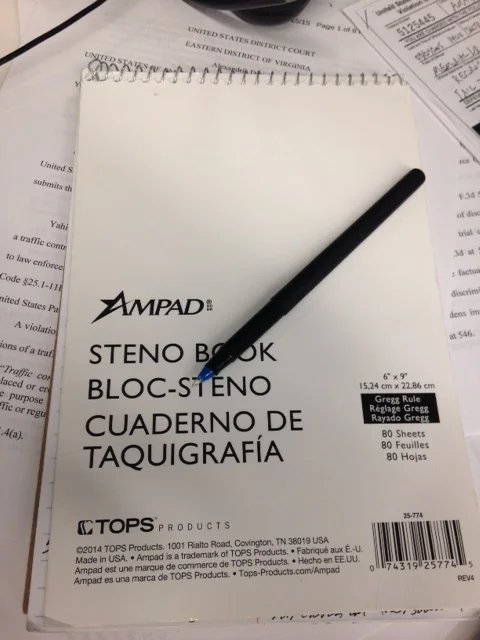
Ian Shapira joined The Washington Post in 2000 as a reporting intern in the Style section. In the fall of 2024, he joined the narrative accountability team on the paper’s Investigative Unit.
In 2025, Shapira investigated the Anglican Church in North America, the denomination formed by conservatives who split from the Episcopal Church over its decision to ordain an openly gay bishop. Shapira’s articles revealed sexual misconduct allegations against the Anglican Church in North America’s archbishop; the severity of crimes committed by men leading or worshiping in the denomination’s Upper Midwest diocese; and, how the interim leader of the denomination faced multiple investigations over two distinct matters of alleged financial malfeasance. After Shapira’s stories, the archbishop was suspended and ordered to face an ecclesiastical trial. The denomination also announced that it was going to review its vetting and approval process for bishops.
Ian’s articles on the Virginia Tech and Navy Yard shootings were included in the Post's entries that won the Pulitzer Prize and that were named as a finalist in the breaking news category. His stories chronicling systemic racism, sexism, sexual assault and waterboarding at the Virginia Military Institute won a George Polk award, the Fred M. Hechinger Grand Prize for Distinguished Education Reporting, and the Paul Tobenkin Memorial Award from Columbia University for reporting on racial or religious hatred, intolerance or discrimination. The articles prompted an independent investigation into the school ordered by the governor, the resignation of the college's longtime superintendent, the appointment of VMI's first Black leader, and the removal of the campus’s 108-year-old statue of Confederate Gen. Stonewall Jackson. In 2012, his discovery of archival documents about a Renoir painting up for auction led to its seizure by the FBI and the revelation it had been stolen decades earlier from the Baltimore Museum of Art.
His essay on life in the first month of the coronavirus pandemic appeared as part of The Sewanee Review’s series, “The Corona Correspondences.”
Shapira is a native of Louisville, Kentucky. He now lives in Washington, D.C. with his wife and two daughters.